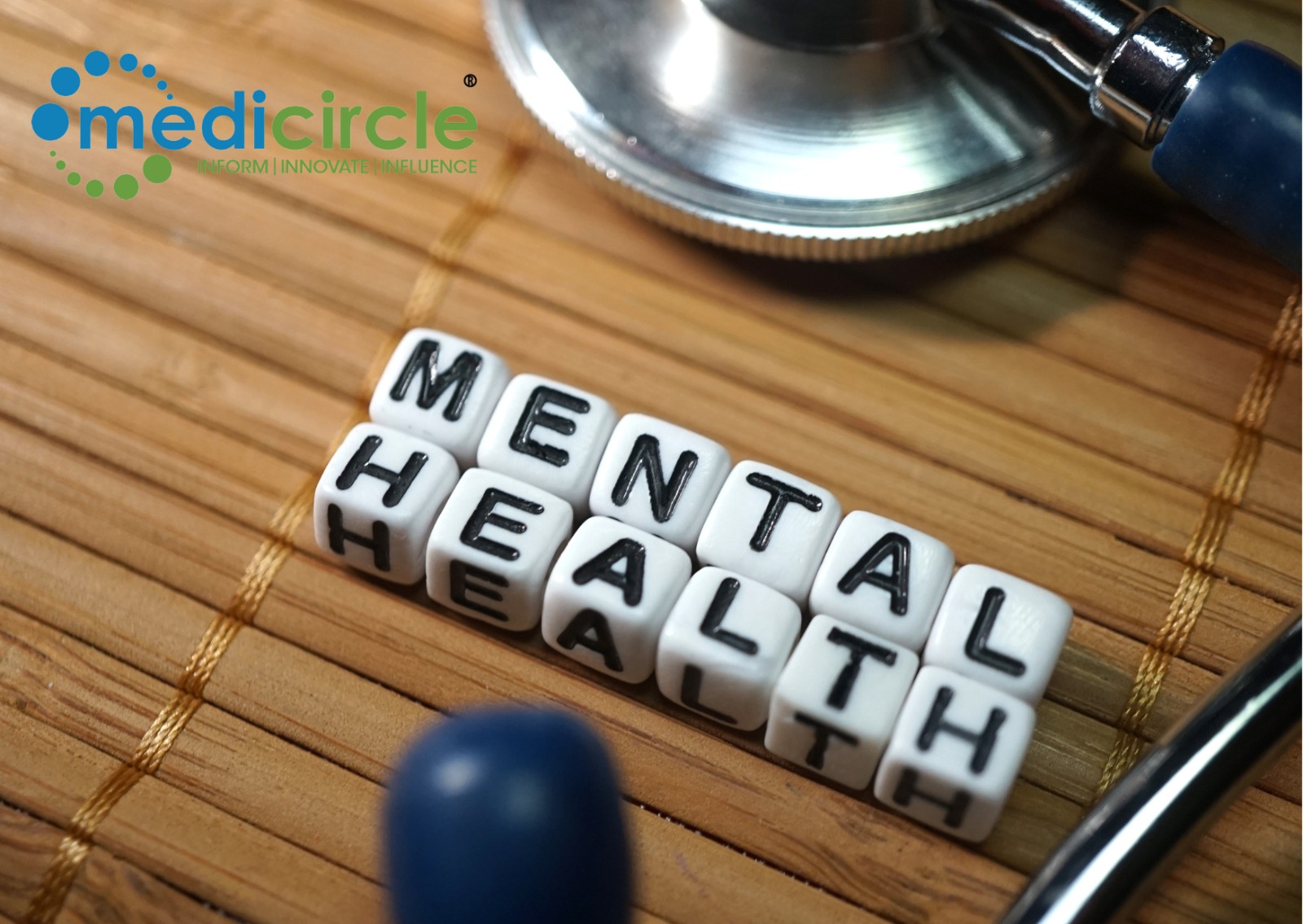A recent study reveals a significant rise in the number of women in the United States attempting to end their pregnancies on their own. This increase followed the Supreme Court's decision to overturn Roe v. Wade in June 2022. The study, published in the journal JAMA Network Open, highlights the growing trend of self-managed abortions and the methods women are using.
Researchers surveyed reproductive-age women in the U.S. before and after the Supreme Court's decision. The results showed an increase from 2.4% to 3.3% in women attempting to end their pregnancies by themselves. Though the increase seems small, it translates to potentially hundreds of thousands of women nationwide.
Dr. Grace Ferguson, a Pittsburgh OB-GYN and abortion provider, noted, “A lot of people are taking things into their own hands.” While Dr. Ferguson was not involved in the study, her observations align with its findings.
Women reported using various methods to terminate their pregnancies. Some opted for medications, including emergency contraception and abortion pills like misoprostol and mifepristone, which they obtained outside the formal medical system without a prescription. Others resorted to potentially dangerous methods such as drinking alcohol, using drugs, or inflicting physical harm on themselves, like hitting their abdomen or lifting heavy objects.
The study's lead author, Lauren Ralph, an epidemiologist at the University of California, San Francisco, emphasized, “Our data show that making abortion more difficult to access is not going to mean that people want or need an abortion less frequently.”
The study found that women had various reasons for choosing to handle their own abortions. Some sought extra privacy, others were concerned about the cost of clinic procedures, and some preferred to try to end their pregnancies by themselves first. These motivations expose the complexities surrounding abortion access and the personal circumstances driving women to take such measures.
The study also highlighted the complications and outcomes of self-managed abortions. Some women experienced severe bleeding and pain, requiring medical care afterward. Others successfully ended their pregnancies through their attempts or experienced a miscarriage later on. However, some women continued their pregnancies when their methods did not work.
Ralph pointed out several challenges and limitations in the research. For instance, respondents might have under-reported their abortions due to the sensitive and potentially criminalized nature of the behavior. Additionally, some women might have misinterpreted the question after the Dobbs decision, believing that obtaining a medication abortion through telehealth was outside the formal healthcare system.
Dr. Ferguson emphasized that the study's findings confirm a long-standing statement among reproductive health advocates: “If you make it hard to get (an abortion) in a formal setting, people will just do it informally.” This research underscores the ongoing need for accessible and safe abortion services.
The study was funded by the David and Lucile Packard Foundation, the William and Flora Hewlett Foundation, and an anonymous third foundation.
The rise in self-managed abortions following the Supreme Court's decision to overturn Roe v. Wade highlights a significant shift in reproductive health behaviors in the U.S. Women are increasingly taking abortion matters into their own hands, using a variety of methods with varying degrees of safety and effectiveness. This trend highlights the urgent need for accessible and safe abortion services to protect women's health and well-being. As we continue to monitor these developments, it is crucial to support policies and practices that ensure reproductive rights and health for all women.

 The study found that women had various reasons for choosing to handle their own abortions. Some sought extra privacy, others were concerned about the cost of clinic procedures, and some preferred to try to end their pregnancies by themselves first.
The study found that women had various reasons for choosing to handle their own abortions. Some sought extra privacy, others were concerned about the cost of clinic procedures, and some preferred to try to end their pregnancies by themselves first.




















.jpeg)

.jpeg)










.jpg)




.jpg)

